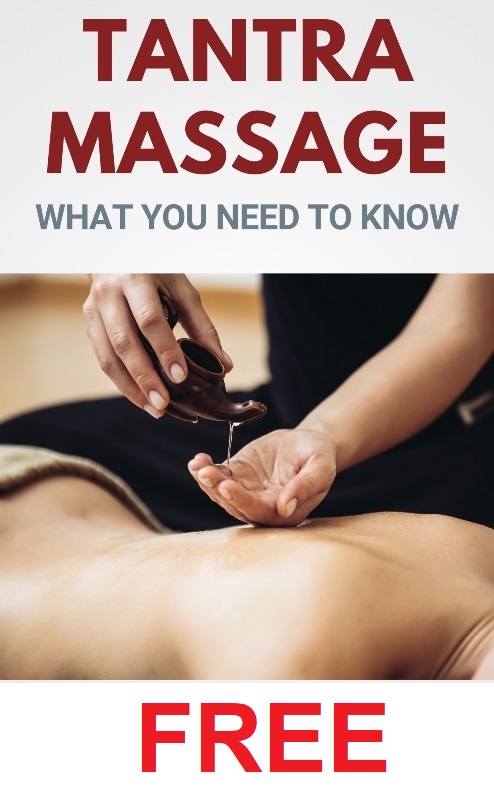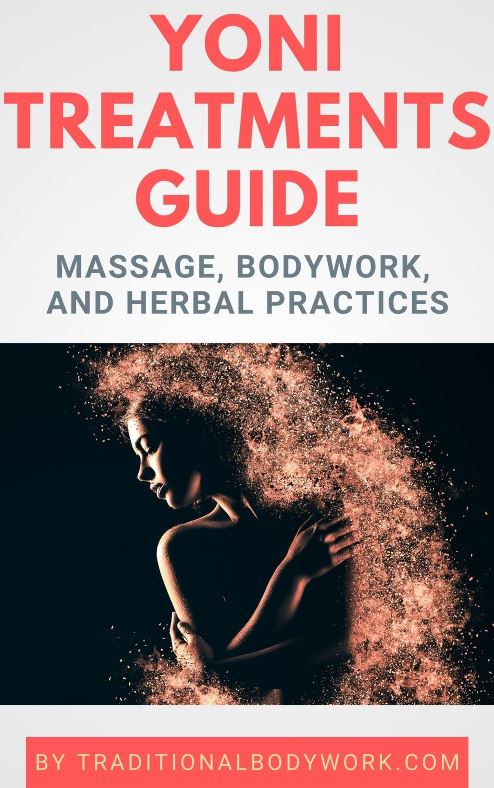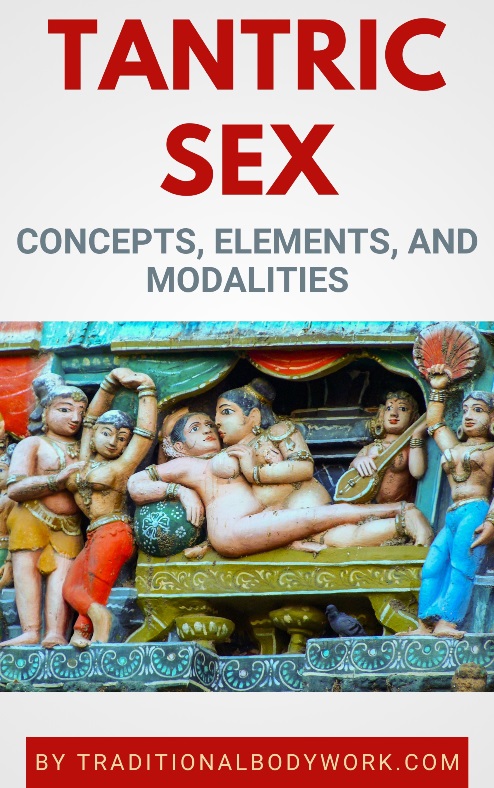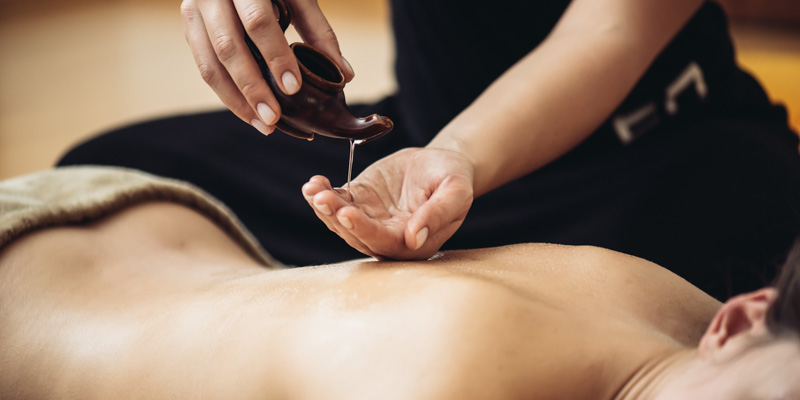
Before starting a Yoni Massage, the therapist should ask you about your mental, emotional, and physical condition, your daily activities, work, hobbies, sports, and medical history.
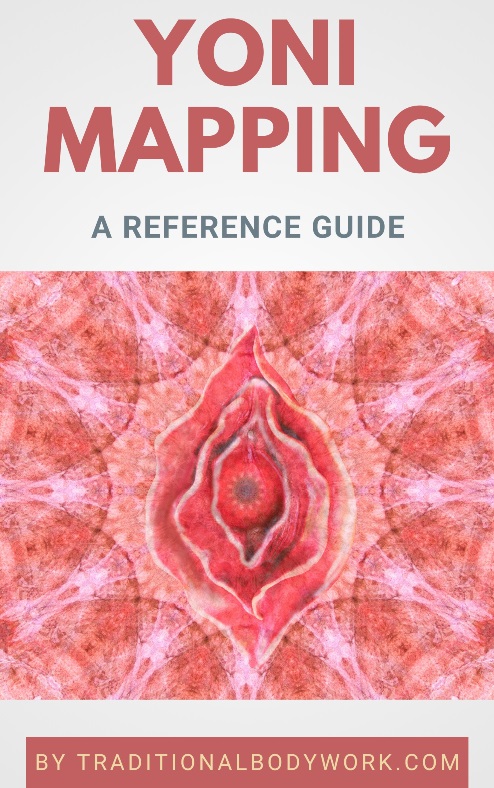
And of course, last but not least, he or she will inquire about the reasons for the visit, that is, what exactly the issues are you want to see resolved.
It’s important for the therapist to have this information in order to know how you should be approached, and what procedures and techniques can or cannot be applied, and if there needs to be extra attention with certain parts of your body or if there’s need to avoid working with certain parts. Sometimes, it may also turn out that a session is not recommended.
In general, a Yoni Massage can be given to any healthy person. Of course, the length of the session and the techniques applied will depend on your needs, abilities and/or capabilities.
Important Notes
To avoid embarrassment and confusion, and to build-in clarity, it’s important to know beforehand when you will be expected to be nude or clothed. It’s also good practice to make clear for both sides if the session is of an erotic or only of a strictly therapeutic nature.
Mind that the therapist should always wear surgical gloves when massaging or treating you internally.
Precautions
- If you are pregnant (but only after 3 months until max 8 months of pregnancy) you can receive a Yoni Massage, but some techniques are not done. It should be avoided having you lying on the abdomen, and the massage should be done very lightly as for the abdominal area. Pregnant women will generally have a session lying on their sides and/or on their back. Arterial compressions should not be done (they induce a higher blood pressure). However, when the goal of the session is to specifically work on the uterus, other rules may apply as for when (in which month of pregnancy) to give a treatment. If you are at risk for preterm labor, it’s not advised to take a session.
- As older persons are more likely to have osteoporosis (porous and fragile bones), extra care needs to be taken not to put too much pressure on the bones and articulations. This counts as well for anybody else having osteoporosis.
- Caution needs to be observed if you have diabetes, heart diseases, built-in cardiac equipment, asthma, high blood pressure or having had a (cerebral) stroke in the past. All techniques that raise blood pressure substantially should be avoided. Arterial compressions shouldn’t be performed at all.
- Massage should not be done on tired or sore muscles.
- Massage around the ears, the temples, under the armpits, behind the knees, the knees, under the chin, the eyelids, on the crown of the head, and internally (vaginal and rectal), should be done gently.
- Massage is not applied on bones, the collar bone (clavicle), the spinal column, the elbow line, on inflammations or swollen areas, on skin infections or problems, on the blood vessels of the neck (carotid artery), on or directly around broken bones, a surgical area, ulcer or wound.
- Massage is not applied on areas with dermatitis, arthritis, phlebitis. Massage around the area is permitted though.
- No massage, stretching or pressure is applied on areas where you have artificial joints or (transplanted) organs.
- No massage is done directly on varicose veins.
- No massage is done on (organ or vertebral) hernias, neither forcible actions applied to push them back in their original position.
- No spinal twists are applied when you have problems with the vertebral column, like bulging, slipped or broken disks, or hernias.
- No massage is done on/in the abdominal area if you have finished a meal, or have serious stomach or intestinal problems, or if you are pregnant (except for resolving specific issues during the pregnancy).
- No massage or rubbing is done or strong pressure given on “thin skin.”
- The therapist should be informed if you are allergic for certain ingredients that may be used in oils, decoctions, creams and balms.
- The therapist should be informed if you have any active infections.
Contraindications
- You shouldn’t take a session if you have an STD, STI, including dormant HSV (herpes), or chronic yeast infections or thrush (fungal infection).
- No session should be given if you are in an emotionally or physically abusive relationship.
- Sessions should not be given when you are drunk or when you have a fever.
- No session should be taken if you have been diagnosed with having a mental disorder.
- Sessions should not be given if you have an active cancer, have had an internal operation in the six months preceding the session, or if you had a relatively severe accident in the past 72 hours.
- If you have an infectious disease, like a flu, diphtheria, tuberculosis, you shouldn’t be given a session, because the therapist exposes him or herself to an infection. This goes of course also the other way around.
- No session should be given if you suffer from severe vaginal pain and have never seen a medical professional.
- No massage should be given if you have been sexually abused and have never seen a medical professional or a therapist before the session.
- Massage is not advised if you are less than 6 months postpartum.
- No massage should be given if you have endometriosis, if you are bleeding, self-harming, or rushed.
- It’s not advised to take a session if you are going through a very stressful time in your life.


